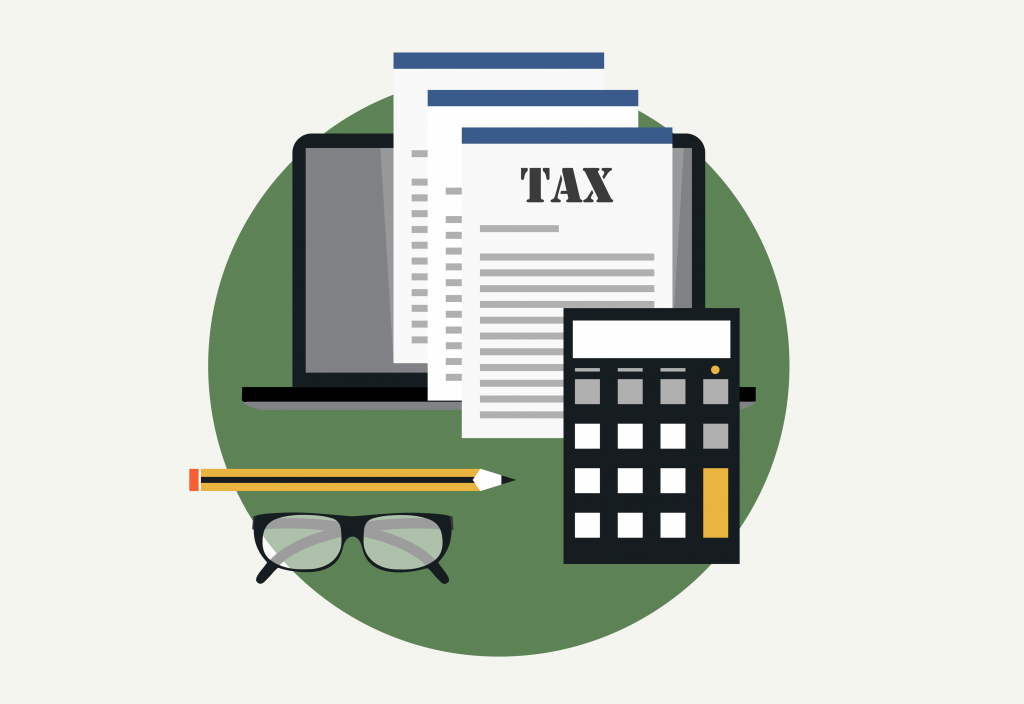
Four Smart Ways to Spend Your Tax Refund
In the world of a kid, we know “April showers bring May flowers.” As an adult, we know April means taxes. However, April is not the only time to focus on taxes. Tax strategies need to be looked at throughout the year, not only at tax-filing time. Let’s hope you are getting a refund this tax year; if you are, here are four smart ways to spend that tax refund, and if not – is there better planning that can be done to reduce taxes in the future?
Tax Refund
You worked hard, had a tax plan in place, and it paid off. Now what to do with this money? Here are some considerations for your refund. Make sure you look at your full financial picture when making this decision. Here are four smart ways to spend your tax refund and some reasons around why you might or might not choose them.
- Spend
Yes, the tax refund is “found” money in a way. This can help with larger purchases you want or need to make, such as large home improvement expenses. I would encourage you not to use your refund for consumer non-essentials. If you want to, consider spending only 10% for “fun” and consider one of the other three options for the remainder. When you do tax planning with your spouse, it may mean one person benefited more from this and got the return or larger return. In which case, consider that the family as a whole is ahead and benefits, but also think about this in terms of where the money from the refund is used.
- Invest
Putting your refund into investments is a fantastic choice if it works for your circumstances. You can keep the money growing and work for you. Plus, you may have the added benefit of creating additional tax planning, such as putting the money in your RRSP to offset 2021 earned income and get another refund in April 2022. Or invest in a TFSA, making the money and the growth 100% forever tax-free. With this option, you benefit from the investment returns and the tax benefits that can be over 53% refund (“return”) in one year. Think of this as an equation:
Might make that “fun” purchase very costly. However, there is a balance between spending today and saving for tomorrow.
- Mortgage
Should the refund go towards your mortgage? Consider the answers to these questions to help with this decision: Can you pay lump sums without penalty? How much is still owed on your mortgage as a percentage of your home? How secure is your income? Are you a one or two-income household? Can your money be better utilized elsewhere? As an example, investment returns relative to mortgage interest rates. Think of it as borrowing from yourself to invest. An additional note about mortgages: is it time to refinance your mortgage? Sometimes getting a quote to break a mortgage can be advantageous to see if you can pay the penalty for breaking a mortgage to lock into a more preferred rate and save money overall. If you have mortgages beyond your principal residence, such as on rental properties, then consider restructuring the debts to benefit from making more of the mortgages eligible to be tax-deductible. All of this takes time and expertise, but it can be worthwhile.
- Debt
We addressed mortgage debt; next is other debts. If you have other debts that have higher interests, work to pay them down. If your children, who have grown into young adults, have student loan debt, it likely is at a very favourable interest rate. In which case, paying it down as fast as possible may not be the best strategy. But also consider when the principal payments need to be made and how that will hurt monthly cash flow and therefore lump sum pay downs might be a great place for a refund.
Process to help
There are lots of moving parts in a holistic financial plan. Having a structure to implement your financial vision is key to success. A strong process for developing and monitoring the moving parts in an always evolving financial plan is key.
I wish you all continued financial success and financial freedom.
Jennifer Watson provides wealth management services through Watson Investments (Peter Watson Investments Ltd.).
Jennifer Watson is registered with Aligned Capital Partners Inc. (ACPI) to provide investment advice.
Investment products are provided by ACPI. ACPI is a member of the Investment Industry Regulatory Organization of Canada.
The opinions expressed are those of the author only, and not necessarily those of ACPI.
Jennifer Watson MBA, CFP®, CIM®
jennifer@peterwatsoninvestments.com
PeterWatsonInvestments.com
Selling your U.S. property? Make sure you know how U.S. and Canadian taxes come into play. Having all the facts can help you keep more of your profit in your pocket.
Check out our blog post about this
Want more information?
Are you interested in a consultation with Peter R. Welsh?
Contact me at Peter@SmartWills.ca
By telephone 416-526-3121
Register for our blog to get valuable tips and up-to-date alerts.
This material is for general information and educational purposes only. Information is based on data gathered from what we believe are reliable sources. It is not guaranteed as to accuracy, does not purport to be complete and is not intended to be used as a primary basis for investment decisions.



